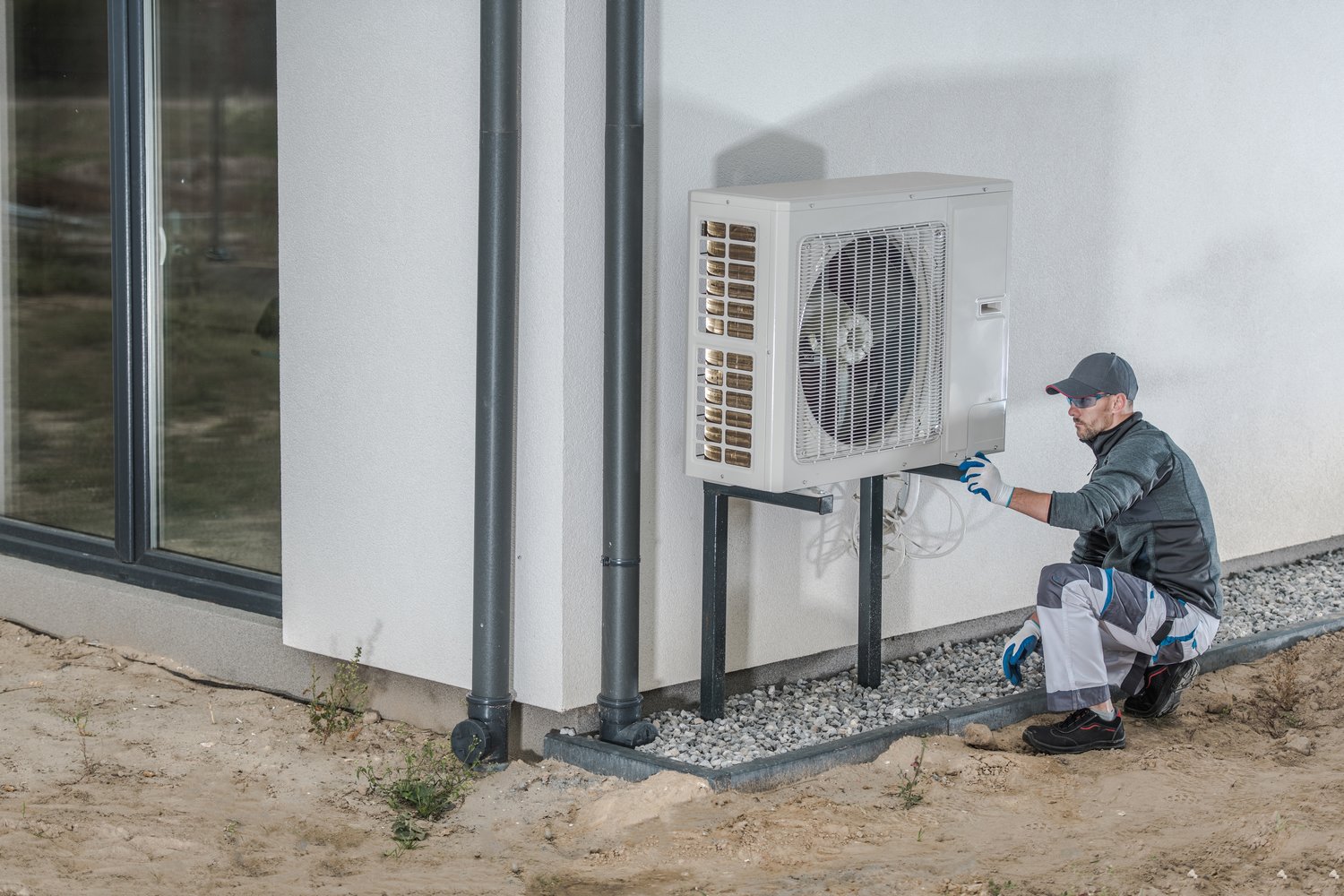With the improving requirement for sustainability and energy effectiveness, the application of heat pumps has developed into a well-known alternative to standard warming solutions. Heat pumps have transformed the way you use power in cooling and heating our homes, office buildings, and attributes. While classic furnaces or boilers burn energy to create heat, heat pumps shift heat from a single destination to another making use of electric power, causing them to be environmentally friendly and cost-effective. Within this website, we explore the efficiency, pros, and disadvantages of heat pumps to help you make a well informed heating system determination.
Just what is a Heat Pump?
heat pump (värmepump) are cooling and heating solutions that are designed to transfer heat between your inside your home and in the open air. They prefer a refrigeration routine to move heat externally on the within a creating during the winter season as well as the opposite through the summer months. In the winter months, a heat pump absorbs heat from your backyard oxygen and moves it in the house, whilst in summer time, it takes up inside heat and goes it outdoors, offering temperatures control and comfort all year round.
Features of Heat Pumps
Heat pumps have several positive aspects that have manufactured them well-liked by property owners and residence developers. To start with, they may be power-productive and might help save as much as 50Per cent in home heating costs when compared to classic home heating solutions like furnaces or central heating boilers. Additionally, heat pumps are adaptable and will be positioned in any home, no matter size or place. They provide not simply heating system but additionally cooling, dehumidifying, and air purification, which makes them an all-in-one particular remedy for indoor ease and comfort needs. Finally, heat pumps have a longer life-time and therefore are much less susceptible to deteriorating, with proper installation, maintenance, and maintenance.
Disadvantages of Heat Pumps
While heat pumps have many positive aspects, they have some negatives which could decide when they are suited to your home heating demands. One commonly identified downside is because they demand electrical power, which is often a challenge in regions with higher electrical power costs. Second of all, heat pumps demand outdoor space to set up, which is often limited in certain city regions. Finally, heat pumps demand suitable sizing, set up, and maintenance for best overall performance, which can be pricey and time-ingesting.
Types of Heat Pumps
Heat pumps can be found in three kinds: air flow-provider, terrain-resource, and water-provider heat pumps. Air-supply heat pumps are the most frequent, plus they use outside atmosphere as his or her heat source. Soil-resource heat pumps, also known as geothermal heat pumps, use the terrain as their heat supply, while normal water-source heat pumps utilize a water supply say for example a lake, stream, or properly. Floor-source and drinking water-provider heat pumps tend to be more productive but are more expensive to setup and sustain.
Summary:
Heat pumps have revolutionized the way we heat and cool our properties and attributes, making use of their vitality-successful, eco-warm and friendly, and versatile technological innovation. Their many advantages and few disadvantages get them to ideal for anyone who wishes to save on heating system charges and reduce their carbon dioxide footprint. Simultaneously, homeowners and house developers should look into the type of heat pump that is best suited for their heating system requires, finances, and site. With appropriate sizing, installment, and maintenance, heat pumps may last around 2 decades and offer inside comfort all year round. We hope this information has aided you recognize the efficiency, rewards, and negatives of heat pumps making an informed choice when picking your heating system.




